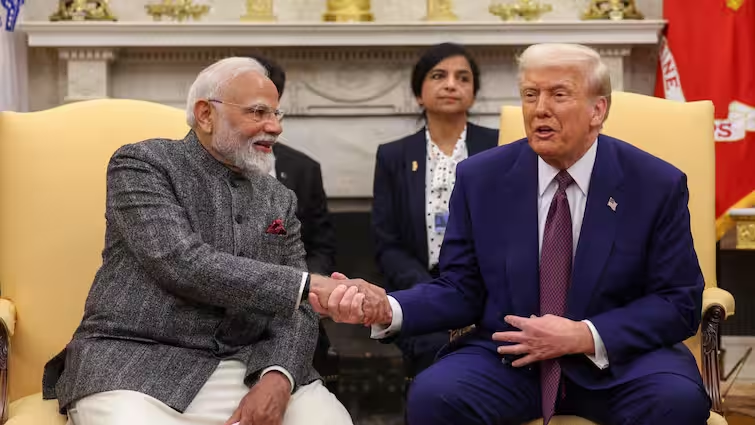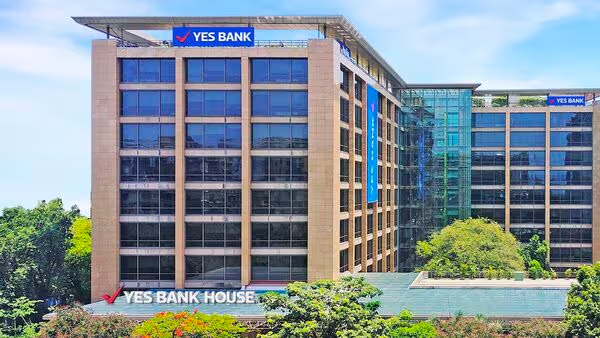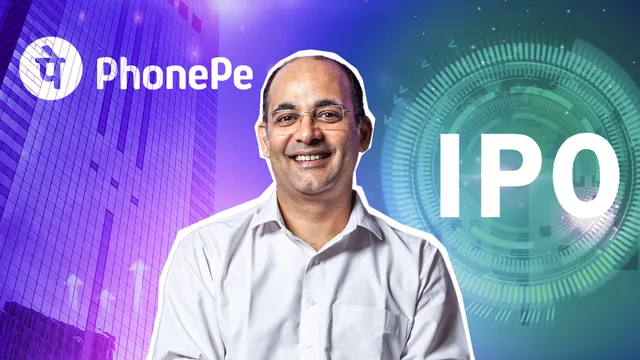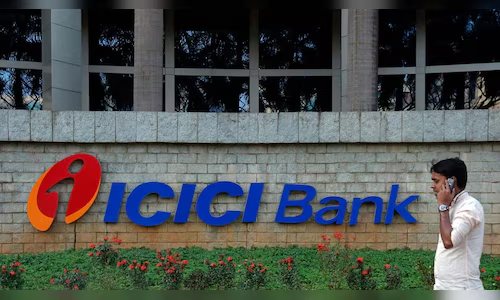Last year, a 6,000-liter water tanker in Bengaluru cost ₹500. It is almost ₹800 now. Akshat Shrivastava, the creator of Wisdom Hatch and a well-known influencer, believes that this 60% increase in just a year explains why the average Indian feels impoverished despite news reports about GDP growth and higher earnings.
“In Bengaluru, water costs ₹800.” Finfluencer challenges the ₹10 trillion hype

Subscribe to Our Newsletter
Subscribe to our newsletter to get our newest articles instantly!
[mc4wp_form]
Leave a Comment
Editor's Pick
Honoring Excellence: Dr. Nilesh Madhukar Rane Receives Atal Bharat Gaurav Award
Dr. Nilesh Madhukar Rane was honored with the prestigious national award "Atal Bharat Gaurav", which is given in the name…
By
Sahil Mittal
1 Min Read
Sanskriti Styles Studio Unveils Indo-Western Fusion Collection, Empowering Global Women to Redefine Tradition
Sanskriti Styles Studio, a premier online destination for authentic Indian fashion, today…
4 Min Read
Kalki Sena’s Counter Terrorist Combat Course: Merging Education, Dharma, and National Readiness
The graduation of Kalki Sena’s Counter Terrorist Combat Course 2025 at the…
7 Min Read
Most Viewed Stories
Sanskriti Styles Studio Unveils Indo-Western Fusion Collection, Empowering Global Women to Redefine Tradition
Sanskriti Styles Studio, a premier online destination for authentic Indian…
Kalki Sena’s Counter Terrorist Combat Course: Merging Education, Dharma, and National Readiness
The graduation of Kalki Sena’s Counter…
PHCareTech Strengthens ‘Vocal for Local’ Commitment with Specialized Healthcare Digital Solutions
GHAZIABAD, India – PHCareTech, the innovative…
Grand Medical Corporation Deploys Advanced Medical Equipment Infrastructure Across Delhi, Noida, Gurgaon, Ghaziabad, Faridabad, and Chandigarh with Integrated Technology Ecosystem
Grand Medical Corporation, India’s largest stockist…
Why NexGen Trading Academy is India’s Most Trusted Trading Institute
The world of financial markets can…










